The Union Cabinet has approved bills to implement the ambitious 'One Nation, One Election' proposal, aiming to synchronize Lok Sabha, state Assembly, and possibly local body polls. These legislative changes, which require amendments to at least five Constitutional Articles, are likely to be introduced during the ongoing Winter Session of Parliament.
Key amendments include changes to Article 82, addressing state-wise Lok Sabha seat allocation post-census, and provisions linking the tenures and dissolution of the Lok Sabha and state Assemblies. Specific laws will also align the legislative cycles of union territories like Delhi, Puducherry, and Jammu and Kashmir with national and state elections. While these changes may not need state ratification, any proposal involving local body polls will require approval from at least 50% of the states due to its impact on federalism.
Proponents argue that simultaneous elections will streamline governance, optimize resources, and eliminate policy paralysis caused by frequent electoral cycles. Economists have suggested the move could boost GDP by 1-1.5%. The government, backed by the Ram Nath Kovind-led panel, emphasizes the potential for efficient resource allocation and enhanced economic stability. Over 81% of 21,000 public responses also reportedly support the proposal.
However, the initiative faces challenges, including the logistical complexity of syncing electoral cycles amidst possibilities like President's Rule or hung legislatures. Regional parties fear losing focus on local issues due to resource constraints against well-funded national parties. Additionally, replacing electronic voting machines every 15 years, as required, will incur significant costs of approximately ?10,000 crore.
Former President Kovind has urged consensus-building, highlighting the national interest over partisan gains. While transformative, the proposal’s implementation hinges on addressing legal, logistical, and political concerns, ensuring it adheres to India’s federal structure.








 OpinionExpress.In
OpinionExpress.In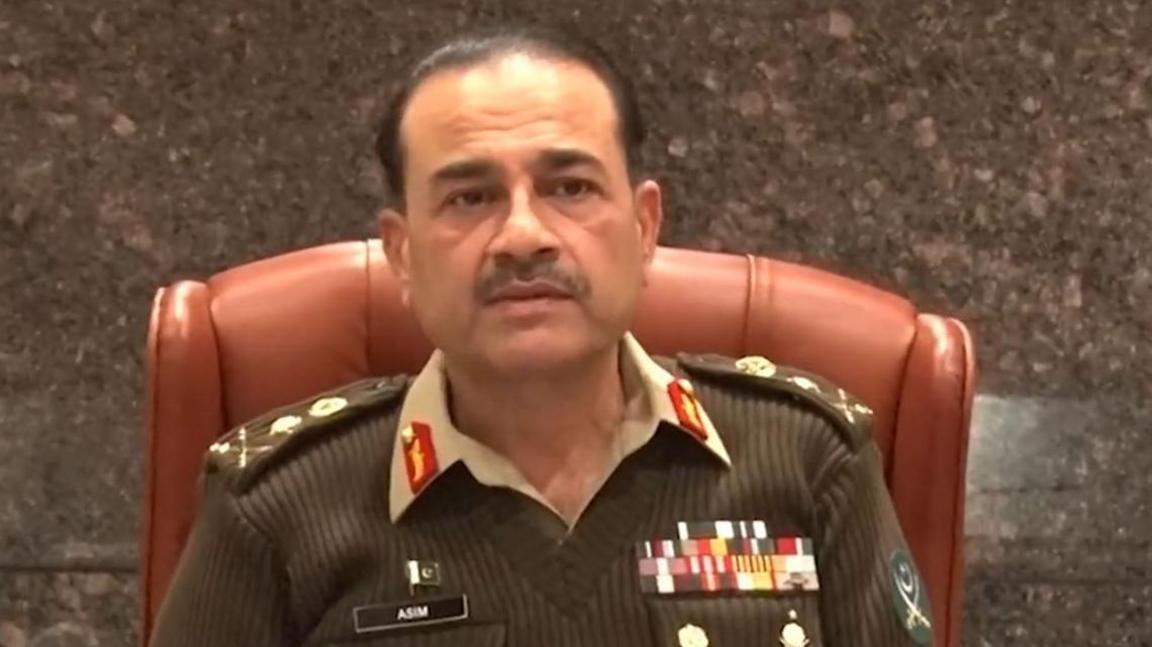
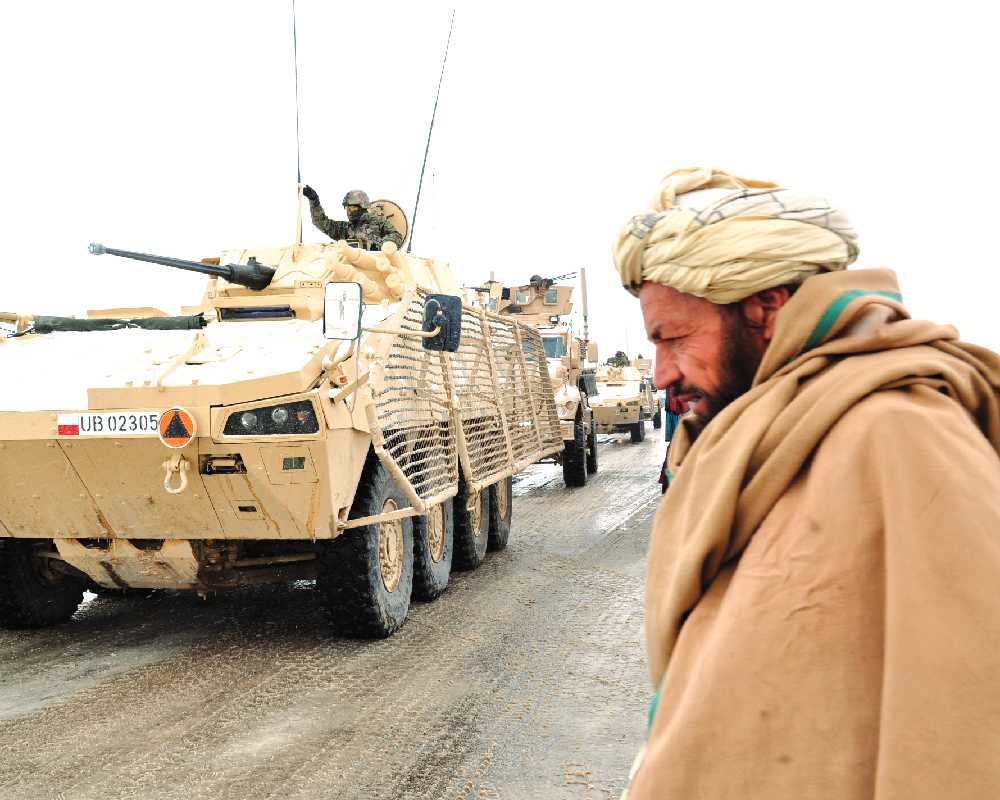

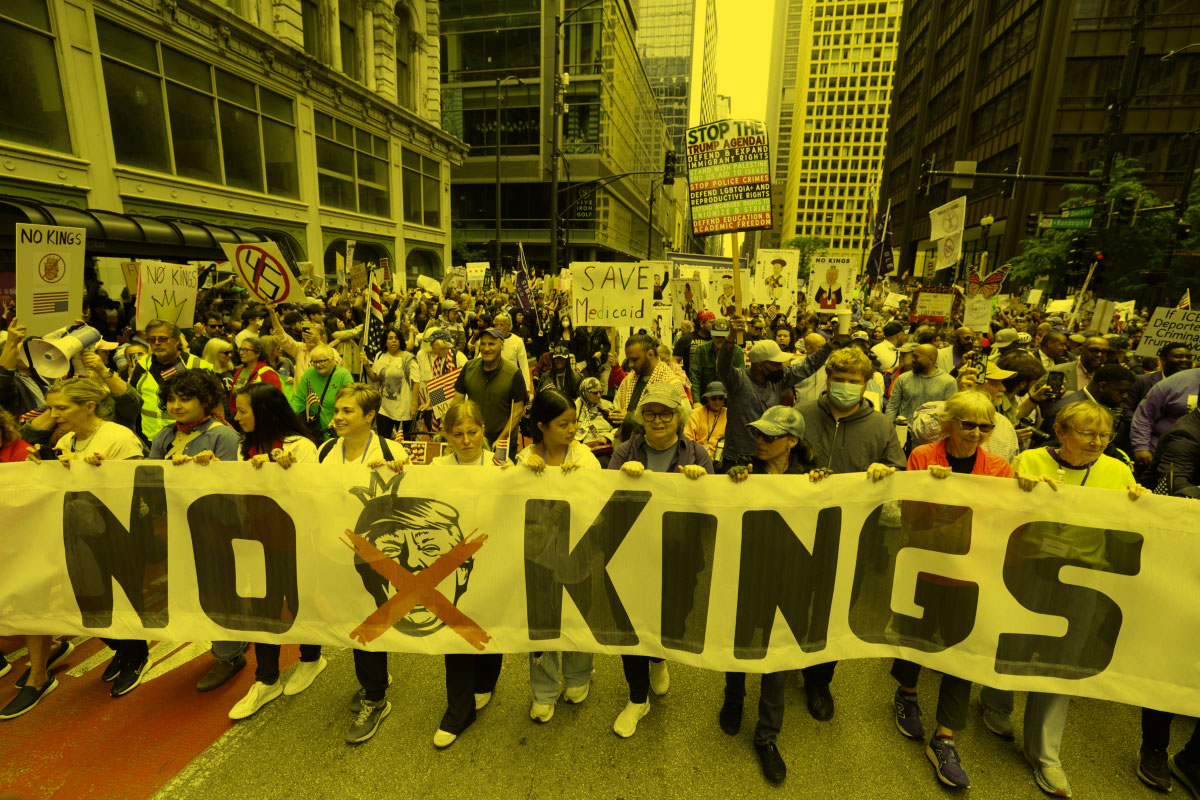
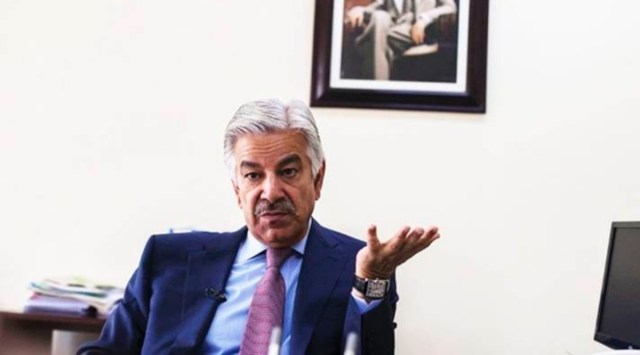
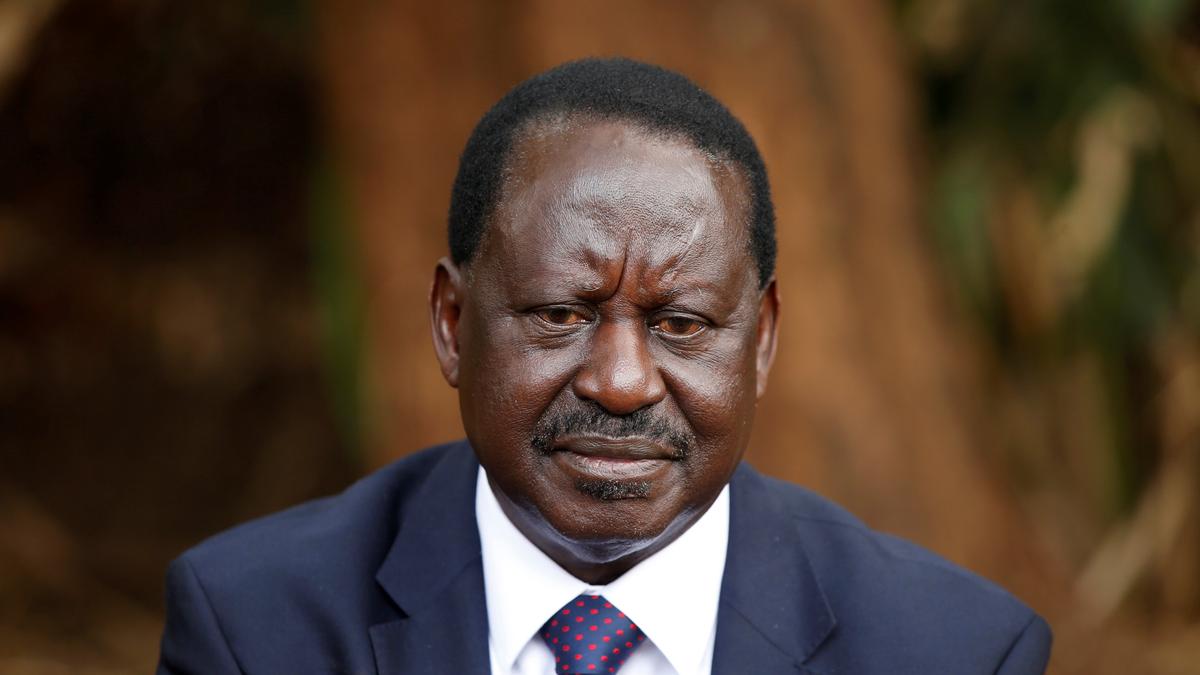
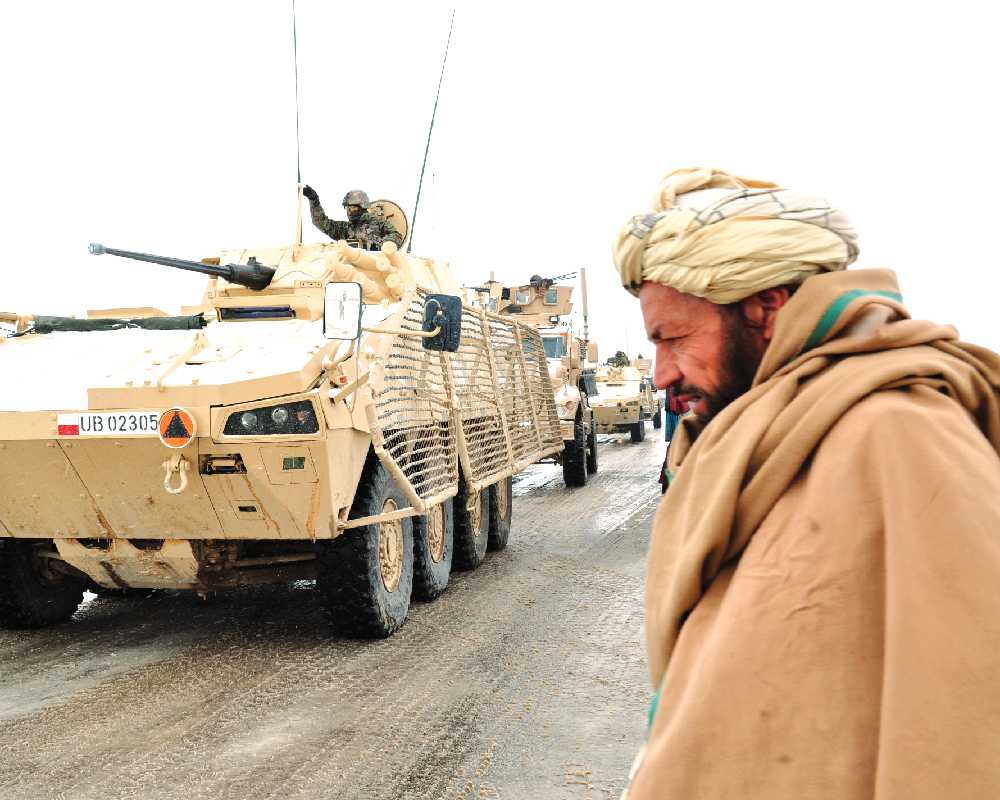

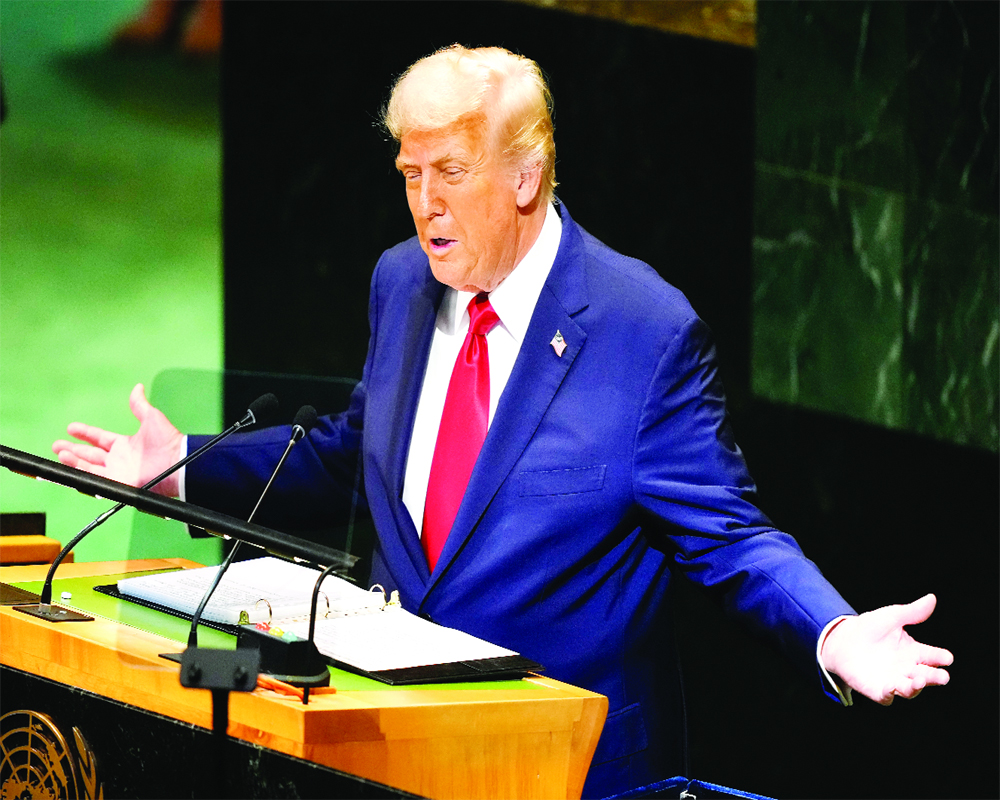
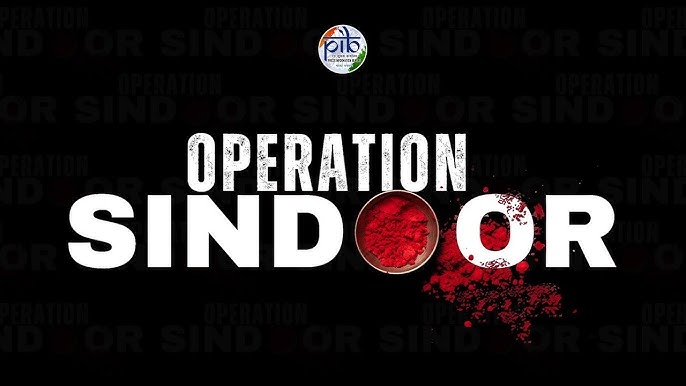






Comments (0)